Is Donald Trump the First President to Have a Run-In With the Law?
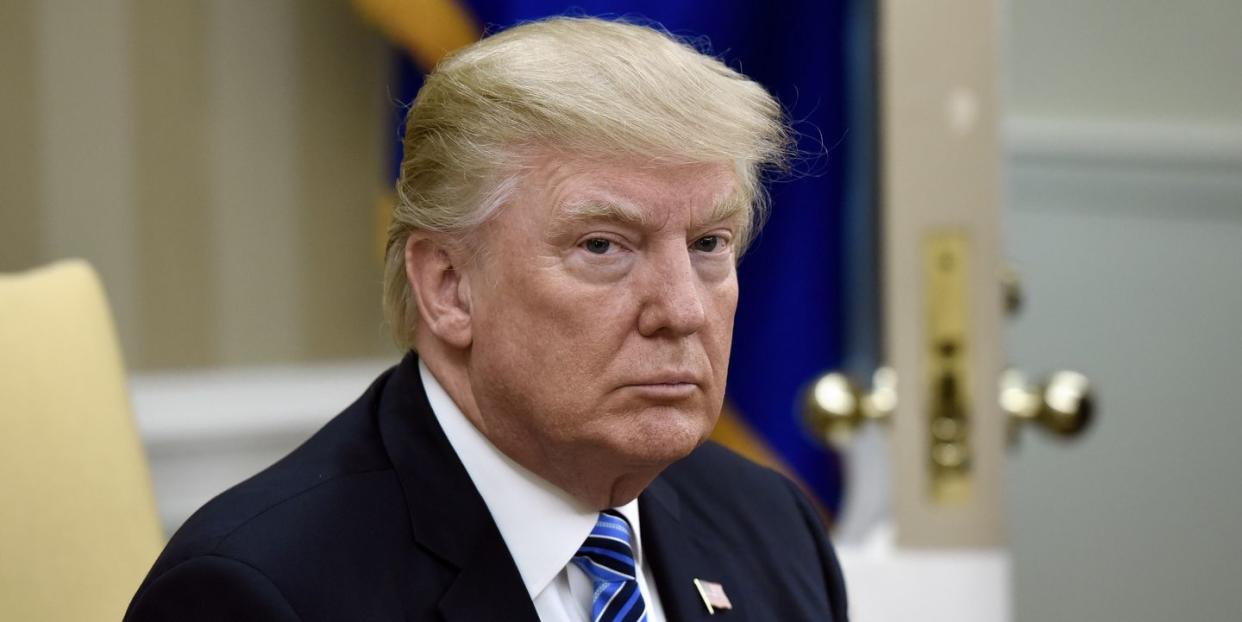
- Oops!Something went wrong.Please try again later.
- Oops!Something went wrong.Please try again later.
“I am very sorry, Mr. President,” officer William West allegedly said to Ulysses S. Grant in 1876, “...but duty is duty, sir, and I will have to place you under arrest.” It was the second time in two days that West, a veteran born into slavery, had stopped Grant, a sitting president who had led the Union Armies to victory during the Civil War. A mother and child had been badly injured by a joyrider and West had been sent to investigate the area, where he heard the President was among the reckless riders.
As if on cue, West spotted Grant “driving a pair of fast steppers” through the busy streets of the capital. A day after that first warning, Grant, who was a notorious speed demon, claimed he did not know he was going too fast. There was no speedometer in his buggy, it's true, but Grant paid the $20 fine and walked free.
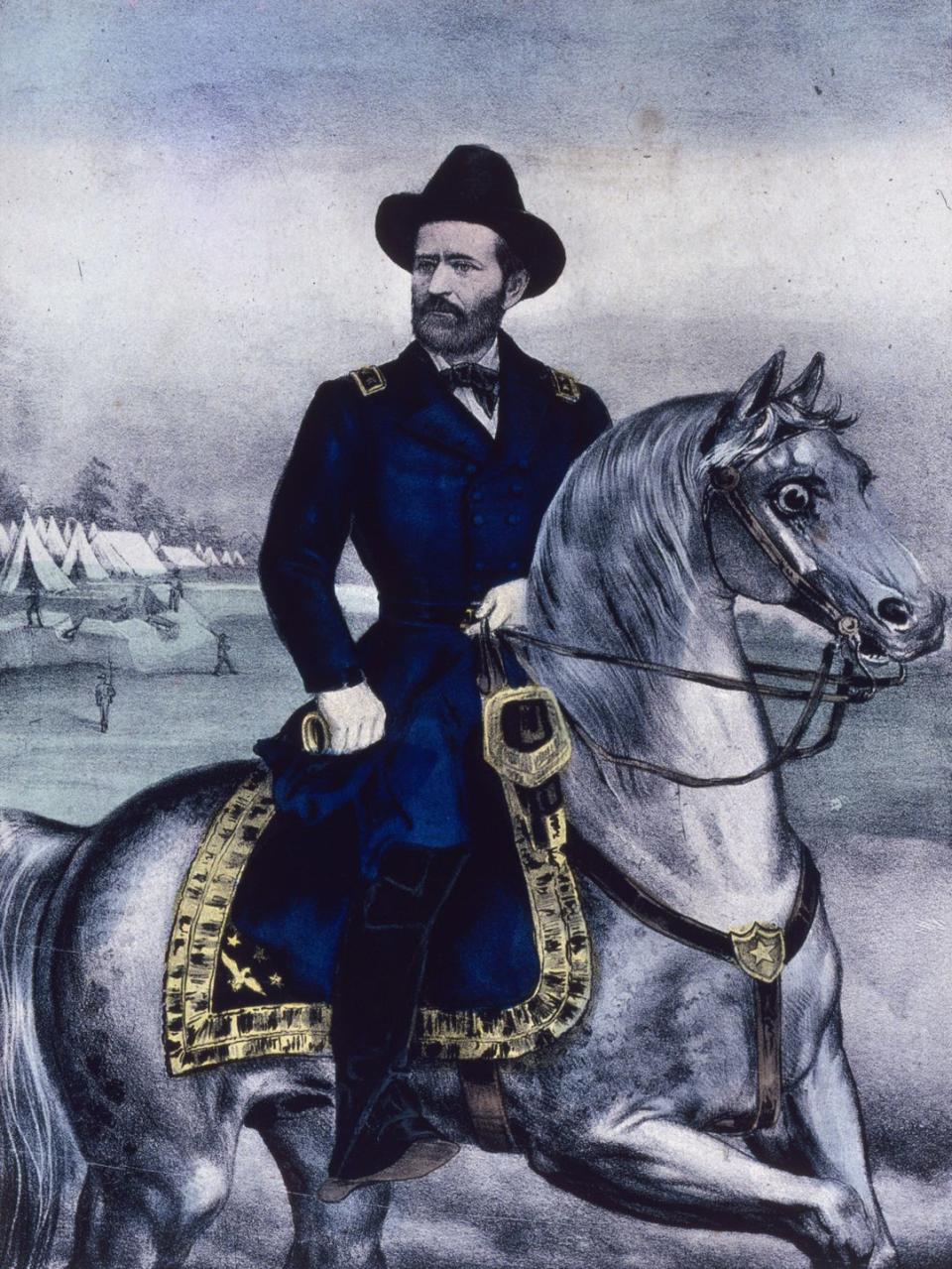
To this day, Ulysses S. Grant is the only president ever to have been arrested. This historian hates to play “What If?” but Richard Nixon may have come in second. During the Senate Watergate Committee hearings, broadcasted nationwide by PBS, witnesses testified that the President of the United States conspired to cover up his administration’s involvement in the 1972 break-in of the Democratic National Committee headquarters in Washington, D.C. The Supreme Court ruled recordings made on a voice activated taping system in the Oval Office should be given to government investigators after Nixon’s administration resisted the Committee’s requests for documents. In 1973, the House accused Nixon of obstruction of justice, abuse of power, and contempt of Congress. He had lost the support of his party and his country, but he refused to be impeached. Instead, on August 9, 1974, Richard Nixon became the first president to resign.
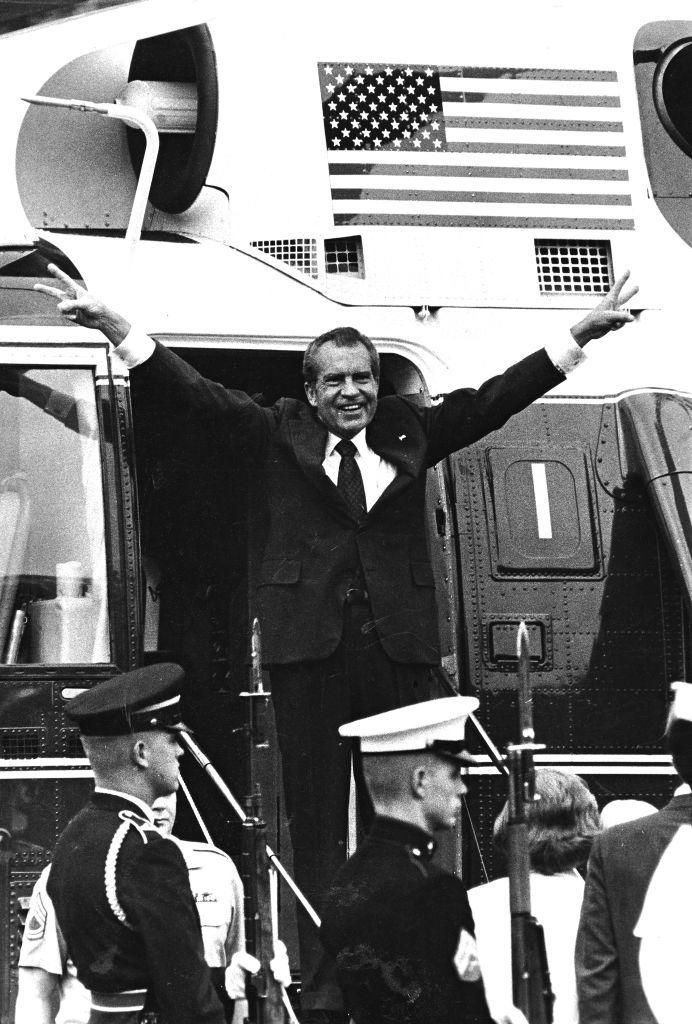
Nearly 50 people, including Nixon administration officials, were convicted of various illegal activities, including bugging the offices of political opponents, but Nixon’s vice-president, Gerald Ford, pardoned him, citing national unity. Congress had lost its chance to hold Nixon accountable, and it wasn't going to let it happen again.
In 1978, Congress passed the Presidential Records Act, which mandated how presidents and vice-presidents should manage their records. They declared that White House documents went from private to public—while allowing themselves to declare their own records private. In 2014, Congress prohibited the keeping of electronic records in non-official accounts. The Archivist of the United States assumes ownership of presidential records after one or two terms. And if the president wants certain documents withheld, a decision is made at the Archivist’s discretion.
That archivist, by the way, is apolitical—and diligent. All archivists are, and for good reason: They are responsible for processing and preserving our collective memory. Unfortunately, Donald Trump and his administration have been thwarting archivists' efforts from the very beginning. In 2018, Politico reported that Trump was ripping up documents. In October of this year, the January 6th Commission listened to Cassidy Hutchinson describe, in great detail, how then-White House Chief of Staff Mark Meadows burned documents. And, of course, the Archivist has been negotiating a return of boxes of classified documents Trump took to Mar-a-lago, but what can the Archivist do?
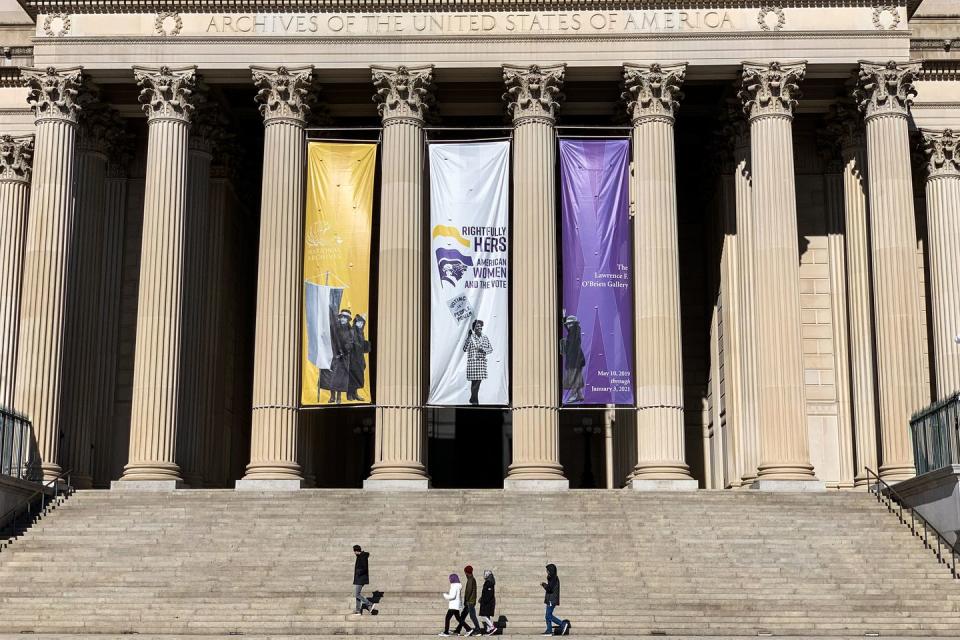
A lot, it turns out, if the Library of Congress teams up with a more powerful entity: Yesterday, the FBI executed a search warrant at Trump’s Mar-a-Lago resort in Florida. For the first time in American history, a former President’s home was raided, and with great consequence. If Trump “willfully and unlawfully conceals, removes, mutilates, obliterates, falsifies or destroys…any record, proceeding, map, book, paper, document, or other thing, filed or deposited with any clerk of officer of any court of the United States, or in any public office, or with any judicial or public officer of the United States,” he will be disqualified from holding public office.
As if that wasn’t enough, the New York Times’ Maggie Haberman supplied Axios with photos with notes written in the former president’s distinctive handwriting—at the bottom of White House toilets. I’m not going to say the photos are real until they’re substantiated, and I’ll remind readers that Maggie Haberman is promoting a new book, but if those are indeed images from the White House, a rant Donald Trump went on at a small business event in December, 2019 makes more sense: “People are flushing toilets 10 times, 15 times as opposed to once.” Who were these “people,” I wondered at the time.
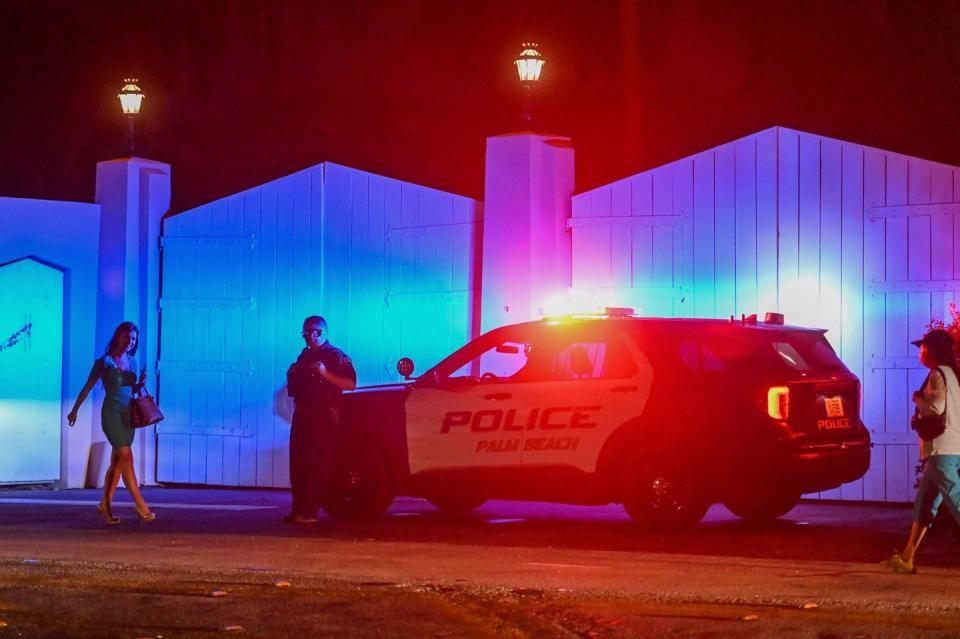
In the end, it really doesn’t matter if he used a toilet or a fireplace to destroy records. If the evidence collected proves that Trump broke the law—or laws—he may be the second president to be arrested in American history. But unlike Ulysses S. Grant, Trump is unlikely to pay a $20 fine and walk free. And he’s not a sitting president, either. Joe Biden is, and it’s very hard to imagine him granting Trump a pardon.
You Might Also Like

